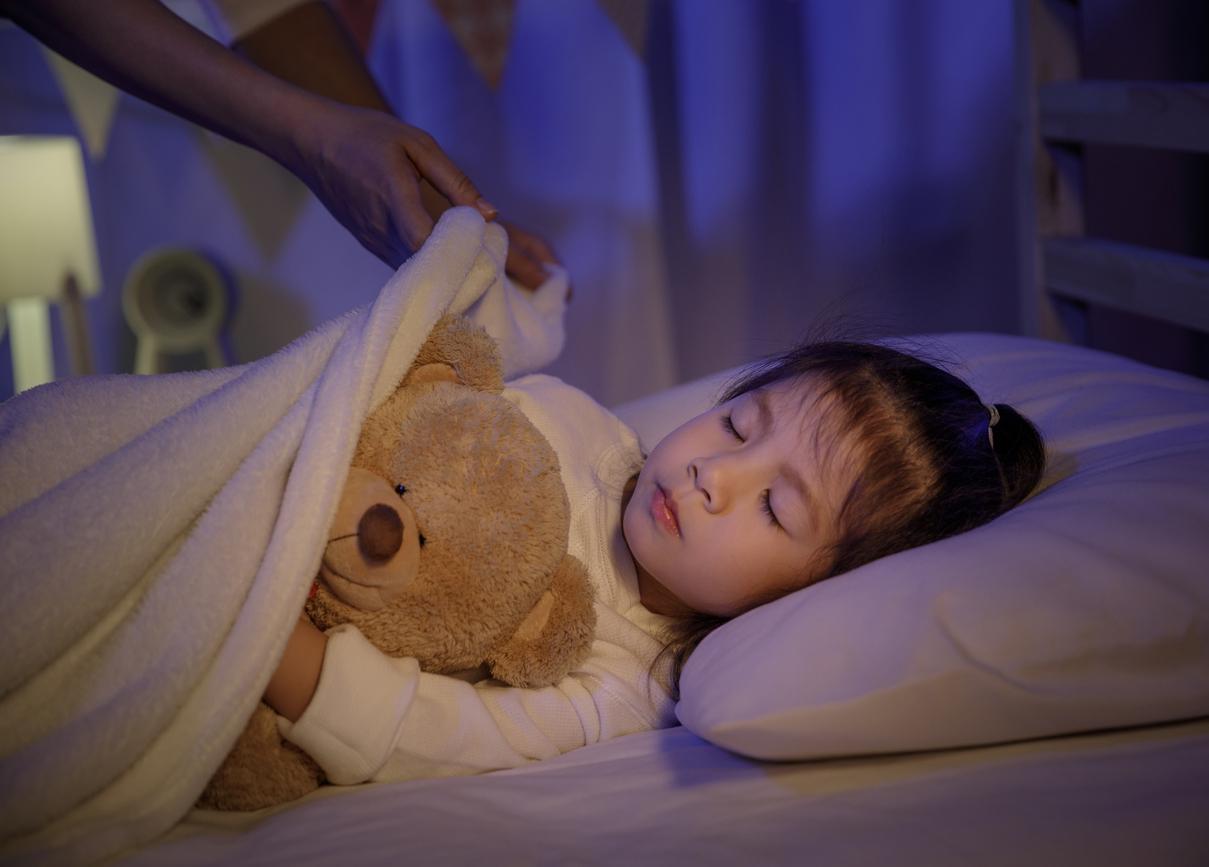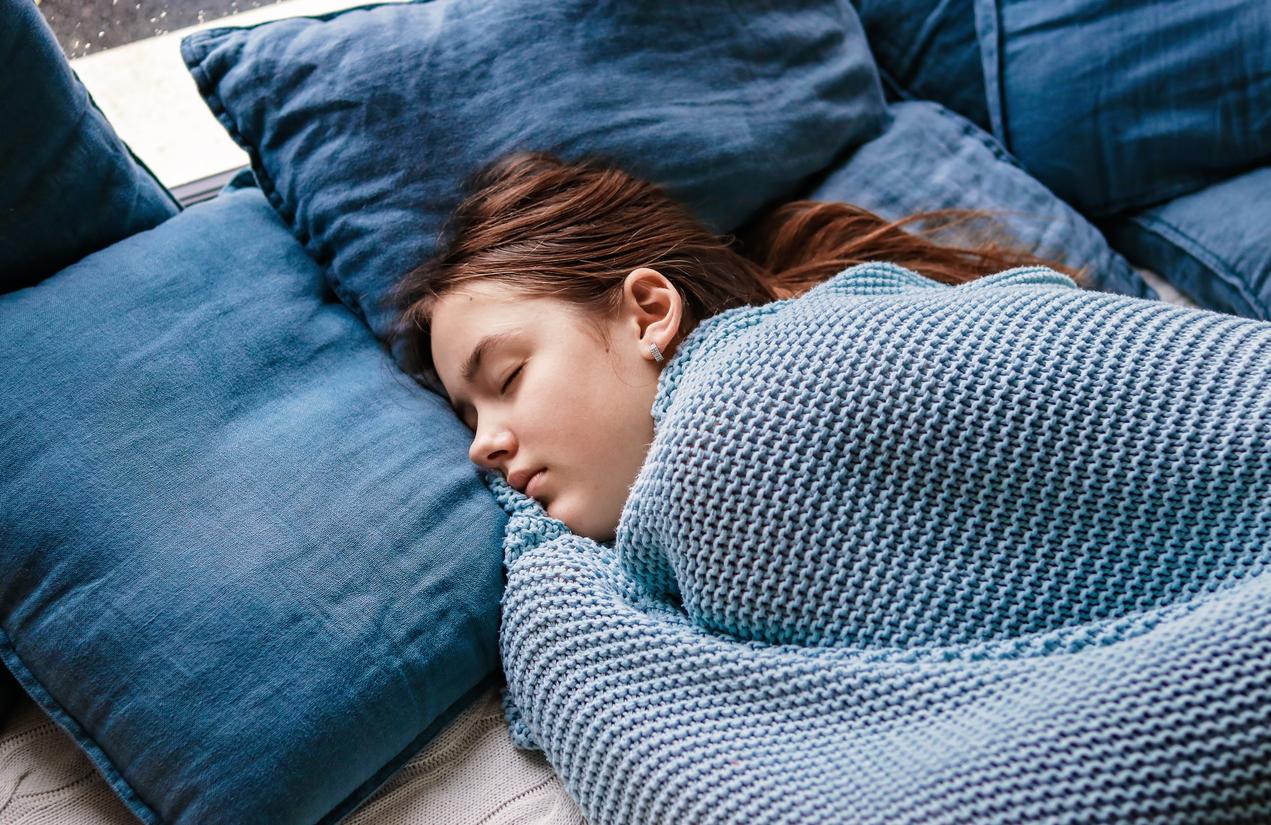Negative emotions linked to the Covid-19 pandemic creep into our sleep and can lead to distressing dreams or about the virus itself, shows a new study published by the American Psychological Association.

- The psychological impact of the Covid-19 epidemic is also evident during sleep
- A study shows that the notions of anxiety, illness and death are found in dreams
- This phenomenon is particularly present in women.
Anxiety, stress, worry… the pandemic period we are currently going through is proving to be particularly difficult. Far from being limited to the hours of the day, its psychological impact also manifests itself while we sleep, and more particularly when we dream, shows a new study carried out by researchers from Harvard School Medicine published in the journal Dreaming.
This meta-analysis brings together four studies carried out in several countries around the world (Canada, United States, Italy) on dreams of individuals during the pandemic. This research, whose sample varies between 3000 and 19 adults, was conducted using several tools such as dream diaries kept by the participants or questionnaires.
“All of this research supports the hypothesis that dreams are in tune with our waking concerns rather than being an outlet for compensation, as some older psychoanalytic theories had assumed. Higher levels of anxiety, dreams of illness and death in general, and of Covid-19 in particular, are consistent with this“, explains Deirdre Barrett, assistant professor of psychology in the department of psychiatry at Harvard Medical School and lead author of the study.
“Understanding our emotional reactions through dreams”
The analysis of these various studies also shows that women seem to be more impacted than men by these dreams: “probably because women bear more of the burden of care, job loss and other hardships“, calculates Deirdre Barrett.
The researcher cites the example of a mother who dreamed that her child’s school called her to warn that her child’s class was going to be sent home to follow a home-schooling program for the whole duration of the pandemic. “When mothers of young children hear this dream, there is laughter but also usually strong empathy for the feeling of overwhelm the dream dramatizes.“, analyzes Deirdre Barrett.
“Dreams can help us understand our emotional reactions to the pandemic. They can make us aware of what bothers us most about the pandemic. Sharing them with people you trust is a good conversation starter to talk about those shared feelings.“, concludes the principal researcher of the study.
.

















